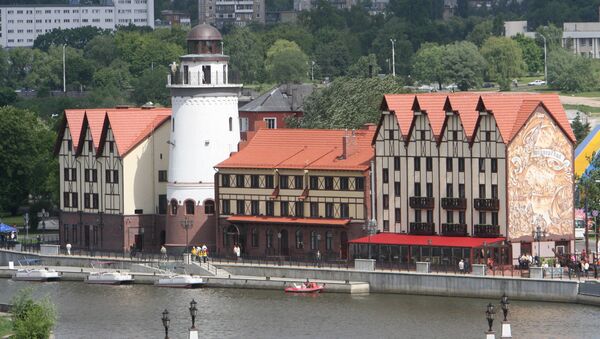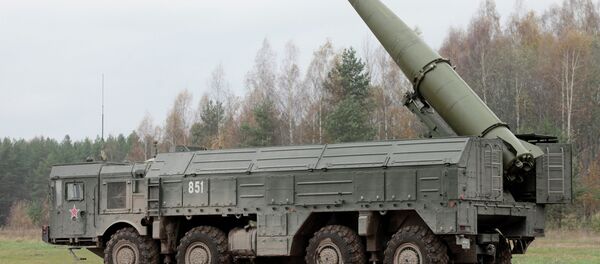"Foreign citizens will be able to receive an electronic visa, this project I remind you is being implemented in the port of Vladivostok. After completion of the needed technical measures, as of July 1, 2019, all those who come to our country and leave it from Kaliningrad Region will have this opportunity," Medvedev said.
Medvedev noted that the decision was expected to boost the development of tourism, as well as business and humanitarian contacts.
The official added that the electronic visas were already introduced in the free port of Vladivostok.
On March 7, Russian President Vladimir Putin signed a legislation, facilitating visa regime in Vladivostok. The electronic visa will be in force for 30 days since it was received and will allow the eight-day stay on the Russian territory for the citizens of Algeria, Bahrein, Brunei, China, India, Japan, Kuwait, Mexico, Morocco, North Korea, Oman, Qatar, Saudi Arabia, Singapore, Tunisia, Turkey and the UAE.
Until 1945, Kaliningrad was known as Königsberg, the former capital of East Prussia. But after its World War II victory over Nazi Germany, Kaliningrad and the surrounding area has become a part of the Soviet Union, which served as a strategically vital warm-water port on the Baltic. The Soviets mounted a policy of Russification, and what was once an overwhelmingly German quickly took on its current, Russian character.
Today, European influence is steadily growing in Kaliningrad as its approximately 1 million citizens can freely visit and shop in the surrounding NATO states. But the standoff between Russia and NATO-allied Europe has only heightened its strategic value to Moscow.




